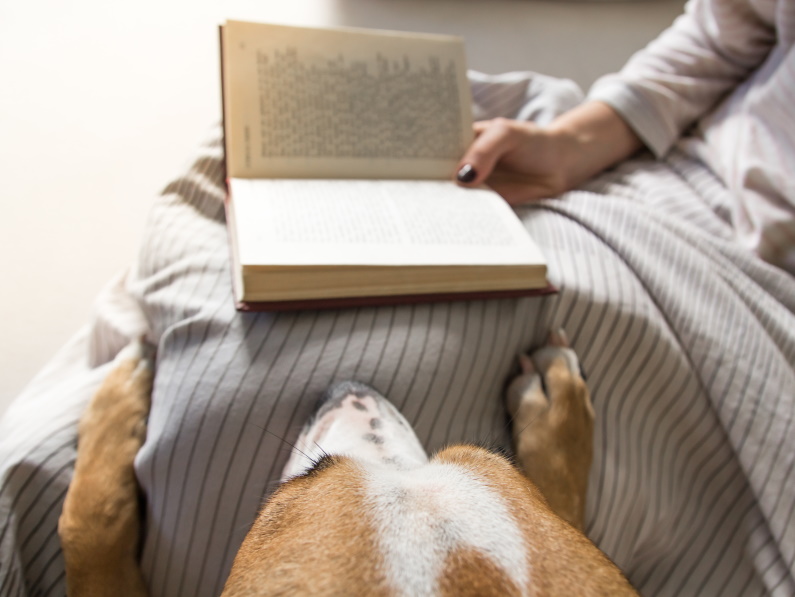Most people know how to reap the benefits of better sleep. They feel the sensation of waking up and having experienced the best night’s rest. They feel energized and ready to go for the day. Although this feeling is great, it may be rare, and some feel the opposite—drowsy, drained, and wanting to go back to bed. This is how millions of people feel every morning. We don’t realize it, but how our mornings start has an enormous effect on the rest of our day and productivity.

Experts recommend 8 hours of sleep a day, but despite many knowing this, more than 35% of adults in the US sleep less than 7 hours a day on average. But what about when we do get 8 hours? What is the perfect amount of time to feel well rested? There is no perfect amount; some people can feel fresh and energized after 5 hours, and some can still feel tired after 10, but how? This is because of the quality of their sleep, which is more essential than how many hours a person gets.
Benefits of Better Sleep
If you can combine good sleep with a good amount of hours per night, you will see many benefits, which include:
- a better mood
- better decision-making skills
- a better memory
- faster reflexes
- better work performance
Along with these benefits, you’ll feel energized to start the day, be more productive, and experience reduced stress and reduced risk for health problems like diabetes and heart disease. You may also get sick less often.

Tips to Get a Better Rest
Having a schedule and staying consistent with it can work wonders. This is difficult for many people, as each routine may be different. But the more you go to bed and wake up at the same time, the better you will feel. A simple way to form a sleep schedule is by creating a habit of sticking to the same times you sleep and wake up. The more you build this routine, the more your brain will become used to certain habits surrounding it, like reading. Once you finish reading, your brain will get used to that being the moment before you close your eyes.
Also, make sure your bedroom is quiet, dark, and at a cooler temperature. Studies show that sleeping in a colder room typically leads to better sleep quality and allows you to sleep faster.
Another strategy people use is watching what and when they eat. Limit eating 1–2 hours before going to bed. Being hungry or feeling stuffed will increase the amount of time it takes to fall asleep and it will also decrease the quality. In addition, simply cutting out junk food and alcohol from your diet will tremendously help.

Some people find that exercising during the day, in some form, helps their bodies feel tired at night. Exercise doesn’t mean going to the gym for an hour a day; it is different for everyone. As long as it is at least moderately difficult, your body will be more worn out.
This last tip is something many people struggle with: taking daytime naps. Taking longer naps—and taking them more often—have a huge effect on your ability to go to sleep. Studies show that limiting naps to 10–20 minutes, instead of 30–60 minutes, will have you feeling more energized.
Conclusion
Following these tips on a daily basis will give you a headstart in your day, more energy, and encouragement to continue practicing a consistent sleep routine. You may also realize that after getting consistently good sleep for many days, your productivity levels will soar. And imagine if you could feel like that every morning.
For more information about how to get better sleep, check out Healthy Sleep Tips.






